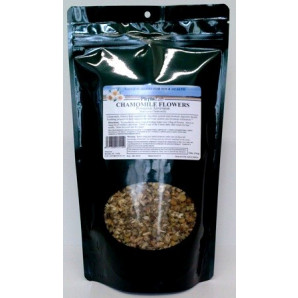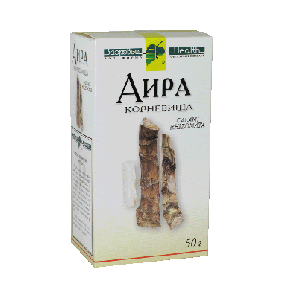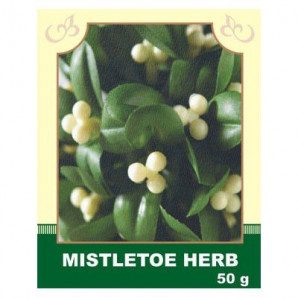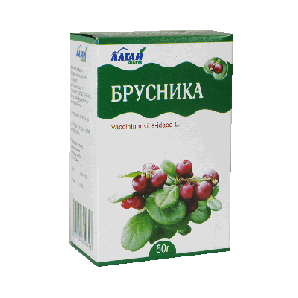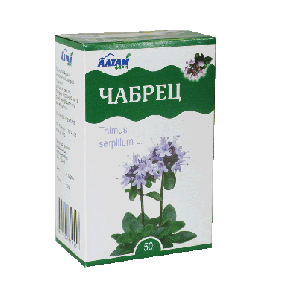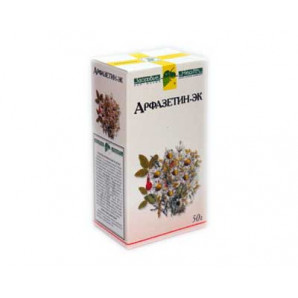This information is for general purposes only and should not be considered as medical advice. Always consult with a qualified healthcare professional for any medical concerns or questions you may have.
Additional Information
| SKU | 1022 |
|---|---|
| Brand | Salem Botanicals |
| Size | No |
| Manufacturer | No |
- Be the first to review this product
Write Your Own Review
Products on sale
Activated Charcoal #10
Regular Price: $3.99
Special Price $2.50
Otipax ear drops 16g
Regular Price: $30.99
Special Price $24.99
Taufon eye drops 4% 10ml
Regular Price: $16.99
Special Price $10.99
GALAZOLIN NASAL DROPS 0.1%, 10ML
Regular Price: $11.99
Special Price $8.99
Levomycetin eye drops 0.25% 10ml
Regular Price: $11.99
Special Price $9.99
Mukaltin tablets 50mg №30
Regular Price: $13.99
Special Price $9.99
Omez capsules 20mg №30
Regular Price: $30.99
Special Price $19.99
Arbidol capsules 100 mg No. 20
Regular Price: $28.99
Special Price $24.99
Paracetamol tablets 200mg №10
Regular Price: $6.99
Special Price $5.99
Also Purchased










